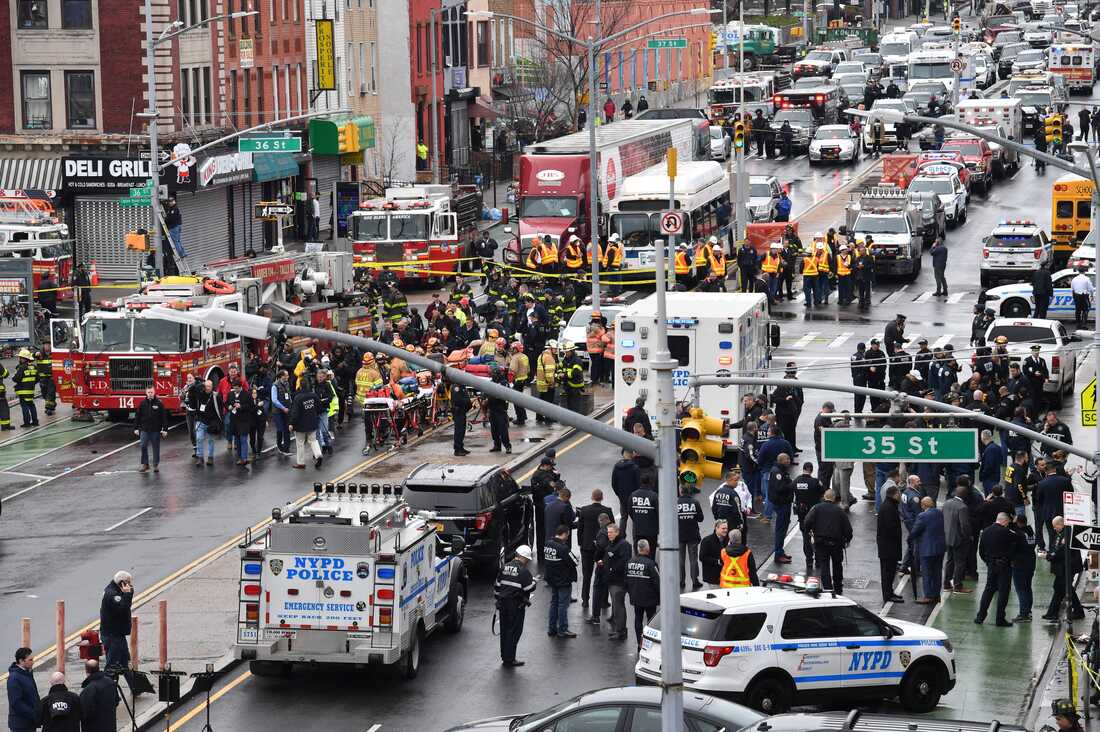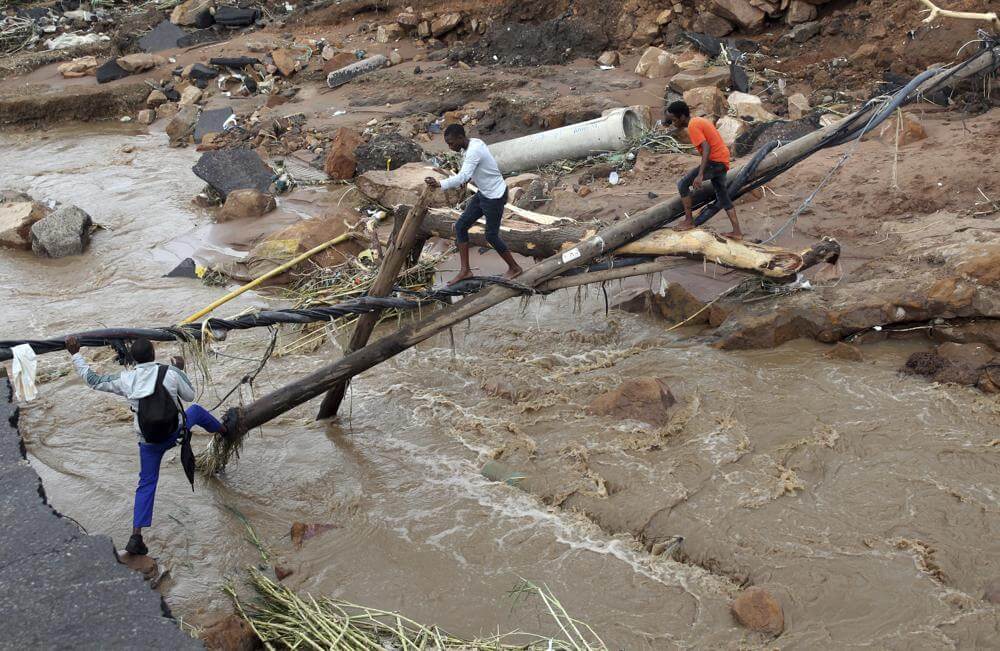South Asia
The Indian Enforcement Directorate, the country’s top financial crime agency, has summoned the former Indian chief of Chinese tech company Xiaomi as part of an investigation into the company’s compliance with local foreign exchange laws. [Reuters]
Indian Minister of Ports, Shipping, and Waterways Sarbananda Sonowal met with Bhutanese Economic Affairs Minister Lyonpo Loknath Sharma to discuss expanding connectivity in the Brahmaputra river. Sonowal said tapping into the full potential of the common waterways would generate employment in the northeastern regions. [Economic Times]
Central Asia and the Caucasus
One person was injured in a shoot-out at a disputed area of the Kyrgyz-Tajik border on Tuesday, according to the Kyrgyz Border Guard Service. Kyrgyzstan accused Tajik forces of crossing 20 metres inside Kyrgyz territory and fired warning shots to prevent their advance. The two countries have been engaged in a decades-long dispute over the border, of which almost half is yet to be demarcated, since their independence in 1991. [RFE/RL]
The Russian Defence Ministry on Tuesday accused Azerbaijan of shooting at Armenian soldiers near the border and violating the ceasefire. The Ministry reported that one Armenian soldier was wounded in the shootout. [Armen Press]
East and Southeast Asia
Indonesian President Joko Widodo announced on Tuesday that the “initial phase” of the country’s 2024 elections will commence on June 14. There has been speculation that he intends to stay in office beyond his two-term limit. For the first time in the country’s history, Indonesia is set to hold three key elections in the same year: parliamentary, gubernatorial, and presidential. [Channel News Asia]
World Bank President David Malpass said on Tuesday that countries around the world are working to diversify their supply chains and reduce dependence on China, which is “probably good for everyone.” In response to whether China could be headed towards a crisis due to stringent COVID-19 lockdowns and debt issues in its property sector, Malpass said that Beijing is facing “major setbacks in various areas” and that its “forecasts for growth have been brought down.” [Reuters]
Europe
British Armed Forces Minister James Heappey said “all possible options are on the table” if Russia has been using chemical weapons in the military offensive in Ukraine. He added that while the government had as-yet unverified received reports of the use of chemical weapons by Russian forces. [Politico]
On Tuesday, former French President Nicolas Sarkozy urged voters to support incumbent French President Emmanuel Macron in the second round of voting, citing his experience in managing complex international crises. Sarkozy said, “He is, in the current state of things, the only one who can act.” Macron will face off against far-right presidential candidate Marine Le Pen in the run-off election to be held on April 24. [Politico]
Judit Varga, Hungary’s Justice Minister, told journalists on Tuesday that the country is ready to hold dialogue with the European Union (EU) over the long-contested rule of law conditionality issue between Brussels and Budapest. Citing Prime Minister Viktor Orbán’s fourth consecutive electoral win, Varga noted that “Hungary’s democracy does not share these concerns,” referring to the EU’s repeated complaints about the courts lacking independence in Hungary’s judicial system. [HUNGARY Today]

Latin America and the Caribbean
Former Brazilian President Luiz Inácio Lula da Silva, who will face off against incumbent leader Jair Bolsonaro in the election this October, told thousands of Indigenous citizens from over 200 tribes on Tuesday that he would stop illegal farming, mining, and oil exploration on their reservations if he is elected. Bolsonaro has removed or ignored a number of environmental regulations that have led to record levels of deforestation. [Al Jazeera]
Local authorities in the Chilean capital of Santiago announced a water-rationing programme for a future emergency. The country’s water availability has dropped by between 10 and 37% over the last 30 years and could plummet by a further 50% in northern and central Chile by 2060. The plan has been formulated in case the need arises and outlines whether the cuts must be made every four, six, or 12 days. Santiago Governor Claudio Orrego has stressed that it is important to plan for the future because “climate change is here to stay. It’s not just global, it’s local.” [MercoPress]
Middle East and North Africa (MENA)
Iranian Supreme Leader Ayatollah Khamenei said on Tuesday that negotiations in Vienna to restore the 2015 nuclear deal are “progressing well,” despite talks being stalled and disagreements over the contents of an agreement. Khamenei added that the nuclear talks should not distract from the country’s future. “Do not let your work be disrupted whether the negotiations reach positive or semi-positive or negative results,” Khamenei said in a possible reference to advancing Tehran’s nuclear programme. [Reuters]
Egypt is considering adding India to its list of 16 wheat import origin countries, as almost 80% of Egypt’s wheat imports come from Russia and Ukraine, which have been embroiled in a war since February 24. Depleting reserves have led to a rise in food prices. An Egyptian delegation is currently in New Delhi “looking at phytosanitary measures and examining Indian grains in preparation for the accreditation of India as a wheat import origin,” Egypt’s Supply Ministry told Reuters on Tuesday. [Reuters]
North America
The New York Police Department said they are looking for a “person of interest” by the name of Frank James over the Tuesday morning shooting at a Brooklyn subway station. The assailant set off two smoke canisters inside a subway car and opened fire at the crowd, wounding 10 and injuring 13. Authorities have warned that the man is dangerous as they work to determine the motives behind the attack. [NBC News]
On Tuesday, the United States Department of State released its annual report on Human Rights Practices. Much of its global focus was devoted to Russia, China, Iran, Venezuela, and Egypt. During the unveiling ceremony, Secretary of State Antony Blinken said the “backsliding” of human rights has continued, noting how governments across the world are cracking down on dissidents. “Today, more than a million political prisoners are being held in over 65 countries,” said Blinken. [The Voice of America]
Oceania
Ahead of federal elections next month, Australian Minister for the Pacific Zed Seselja visited the Solomon Islands on Tuesday to once again voice Canberra’s opposition to a new security deal with China. The Minister said, “Our view remains that the Pacific family will continue to meet the security needs of our region.” The deal, which allows China to base naval warships in the area, has been initiated but yet to be signed by the foreign ministers of both nations. [The Age]
Australian forensic experts Professors Stephen Cordner and David Ranson dismissed Russia’s claims that graphic images of civilian atrocities emerging from Ukrainian towns, including Bucha, are fake. Russia had called on the United Nations Security Council to initiate proceedings against “Ukraine radicals” over doctored images of civilian casualties. The Australian experts have dismissed Russia’s claims, saying “the images were real.” [The Age]
Sub-Saharan Africa
Heavy rain and flooding in Durban, South Africa have killed at least 45 people and also damaged the port, major highways, and surrounding areas in the KwaZulu-Natal province. The military has been deployed to help with rescue operations. [Associated Press]
Climate Prediction and Applications Centre of the Intergovernmental Authority on Development, an eight-member trade bloc in Africa, reported that at least 29 million people in east Africa are facing high levels of food security due to prolonged drought, with rains not expected in the region for a fourth consecutive season. [The East African]

